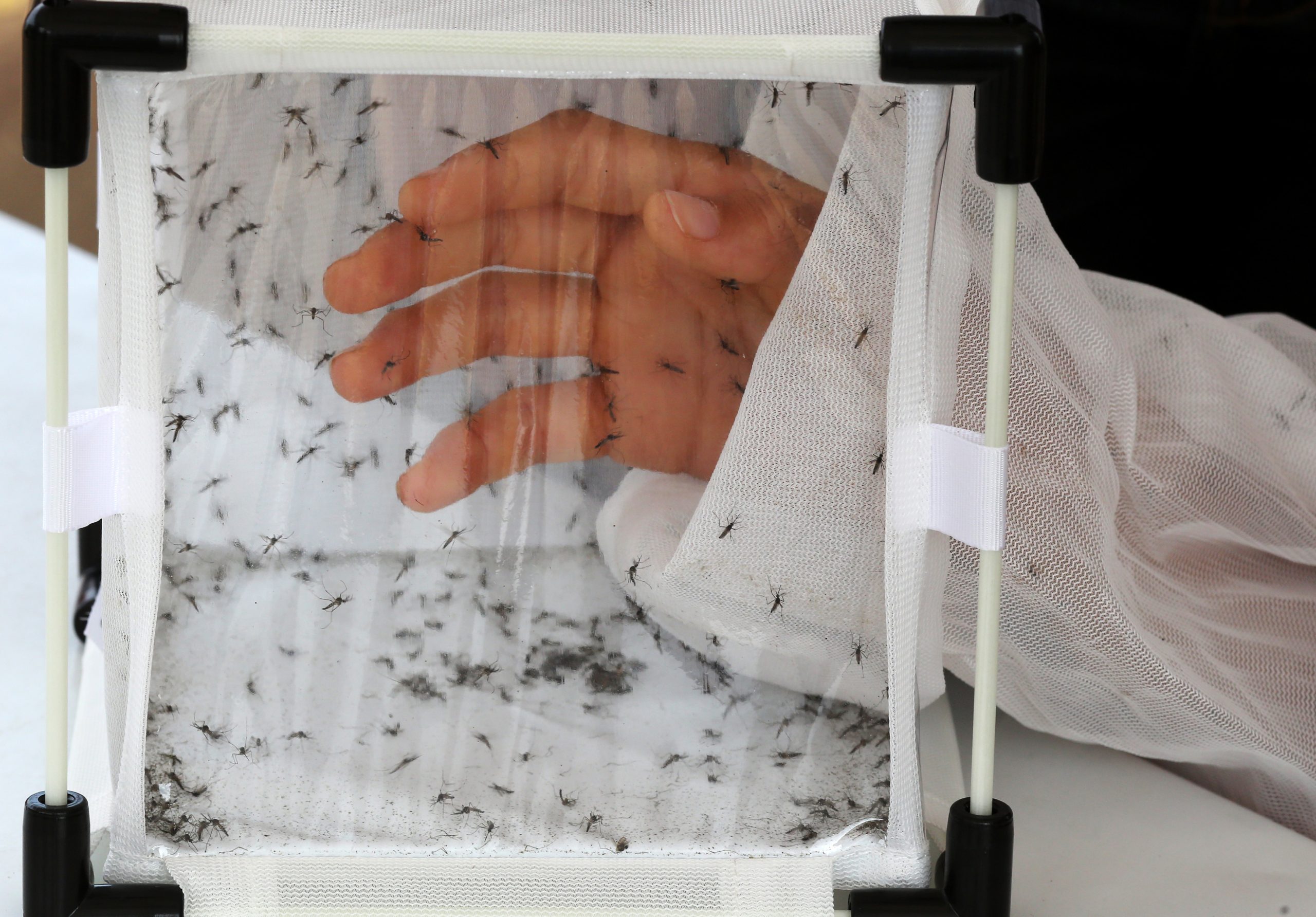
Madeline Sponsler, FISM News
[elfsight_social_share_buttons id=”1″]
A new study that analyzed the coronavirus outbreak in Brazil has found a link between the spread of the virus and past outbreaks of dengue fever that suggests exposure to the mosquito-transmitted illness may provide some level of immunity against COVID-19.
The study, although not yet published, was led by Miguel Nicolelis, a professor at Duke University compared the geographic distribution of coronavirus cases with the spread of dengue in 2019 and 2020.
Places with lower coronavirus infection rates and slower case growth were locations that had suffered intense dengue outbreaks this year or last, according to Nicolelis.
“This striking finding raises the intriguing possibility of immunological cross-reactivity between dengue’s Flavivirus serotypes and SARS-CoV-2,” the study said, referring to dengue virus antibodies and the novel coronavirus.
“If proven correct, this hypothesis could mean that dengue infection or immunization with an efficacious and safe dengue vaccine could produce some level of immunological protection” against the coronavirus, it added.
Nicolelis told Reuters exclusively that the results are particularly interesting because previous studies have shown that people with dengue antibodies in their blood can test falsely positive for COVID-19 antibodies even if they have never been infected by the coronavirus.
“This indicates that there is an immunological interaction between two viruses that nobody could have expected because the two viruses are from completely different families,” Nicolelis said, adding that further studies are needed to prove the connection.
The team found a similar relationship between dengue outbreaks and a slower spread of COVID-19 in other parts of Latin America, as well as Asia and islands in the Pacific and Indian Oceans.
Nicolelis said his team came across the dengue discovery by accident, during a study focused on how COVID-19 had spread through Brazil, in which they found that highways played a major role in the distribution of cases across the country.
After identifying certain case-free spots on the map, the team went in search of possible explanations. A breakthrough came when the team compared the spread of dengue with that of the coronavirus.
“It was a shock. It was a total accident,” Nicolelis said. “In science, that happens, you’re shooting at one thing and you hit a target that you never imagined you would hit.”
Sourced from Reuters
